Dog / Detail
The Emotional Rollercoaster of Saying Goodbye to Your Dog
Jonathan Bennet | 17 September 2024 | 12:05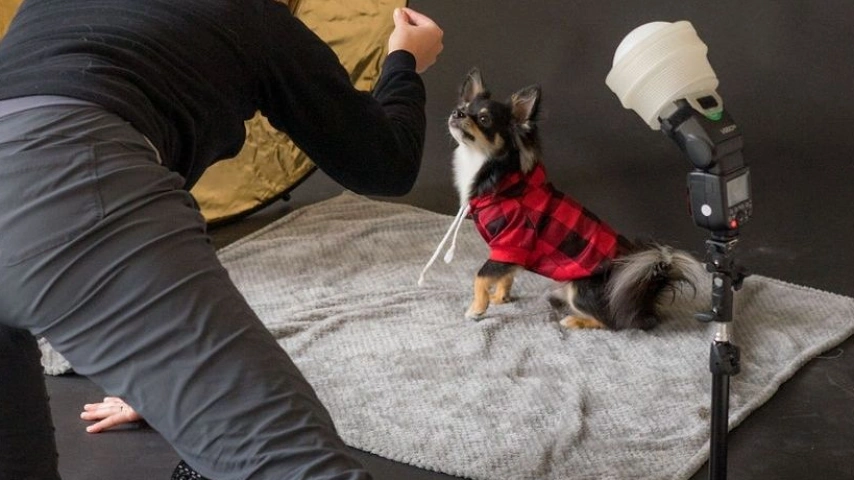
Saying goodbye to your dog is never easy. It's a moment filled with mixed emotions - sadness, grief, and a sense of loss.
But why does it seem to take so long to say goodbye to our furry friends? And why do dogs sometimes act unpredictably when we're about to leave?
Saying goodbye to your dog is a difficult experience, but it is also a chance to reflect on the special bond that you share with your pet. By taking the time to say goodbye properly, you can help to ensure that your dog feels loved and secure, even when you're not there.
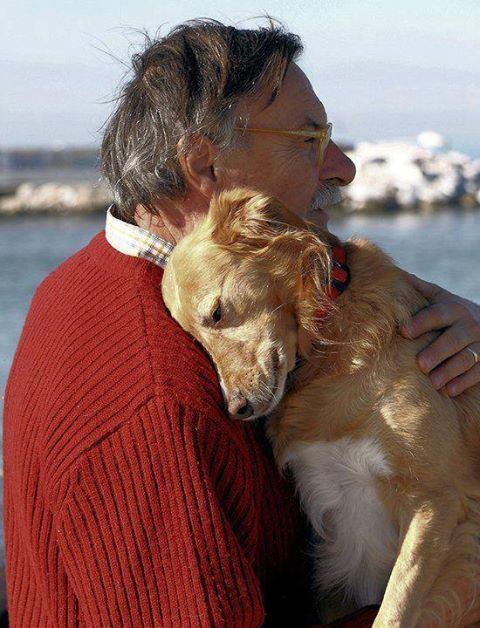
In this article, we'll explore the emotional rollercoaster of saying goodbye to your dog and offer some tips on how to make the process smoother for both you and your pet.
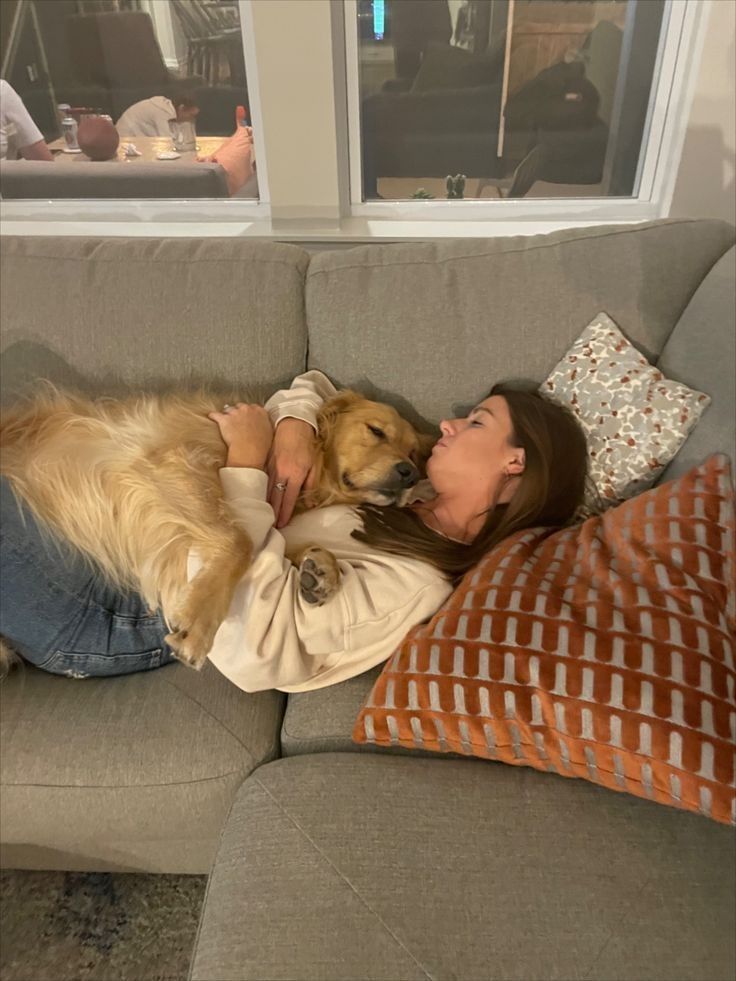
When we say goodbye to our dogs, we're experiencing a complex interplay of emotions. Grief is a natural response to loss, and the loss of a pet can be particularly difficult to bear.
Dogs are more than just animals; they're our companions, our confidantes, and sometimes even our therapists.
But there's also a scientific reason why saying goodbye to our dogs can be so challenging. Dogs have a strong emotional bond with their humans. They can sense our emotions, and they're often able to pick up on our cues even when we're not consciously aware of them.
When we're about to leave, our dogs may sense our anxiety or sadness. This can cause them to become anxious or agitated themselves. They may also try to cling to us or exhibit other behaviors that can make it difficult to say goodbye.

There are a few things you can do to make saying goodbye to your dog easier for both of you.
- Start Early: If you know you're going to be leaving, start preparing your dog a few days in advance. This will give them time to adjust to the idea that you'll be gone.
- Create a Routine: Establish a routine for saying goodbye. This will help your dog understand what to expect. For example, you might always give your dog a treat and a belly rub before you leave.
- Be Calm and Consistent: It's important to remain calm and consistent when saying goodbye. If you're anxious or stressed, your dog will pick up on it.
- Consider a Dog Walker or Sitter: If you're going to be gone for an extended period, consider hiring a dog walker or sitter. This will ensure that your dog gets the attention and exercise they need while you're away.
- Don't Make a Big Deal of It: It's tempting to try to make up for lost time when you return home. However, it's best to avoid making a big deal of it. Simply greet your dog calmly and lovingly, and let them know that you're happy to be home.
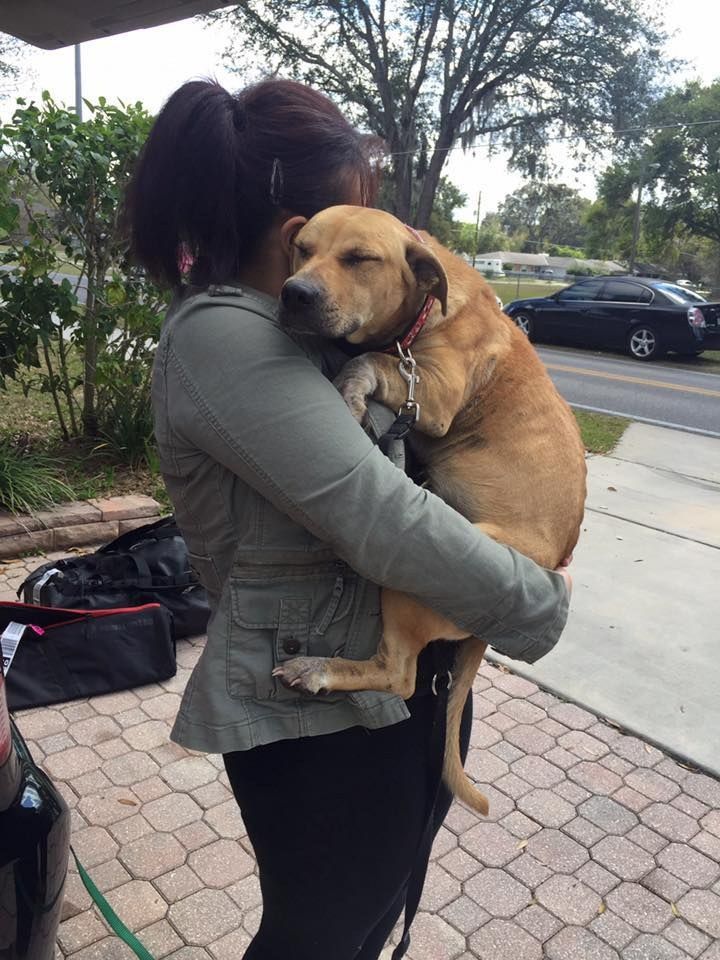
Even when you follow these tips, your dog may still act unpredictably when you're about to leave. Here are a few things you can do:
- Stay Calm: The most important thing is to remain calm. If you get upset, your dog will become even more anxious.
- Redirect Your Dog's Attention: Try to redirect your dog's attention to something else. This could be a favorite toy, a treat, or a game.
- Give Your Dog Some Space: If your dog is becoming too clingy, it may be best to give them some space. This will help them to calm down.
- Seek Professional Help: If your dog's behavior is becoming a problem, you may want to seek professional help from a veterinarian or animal behaviorist.
Related
-
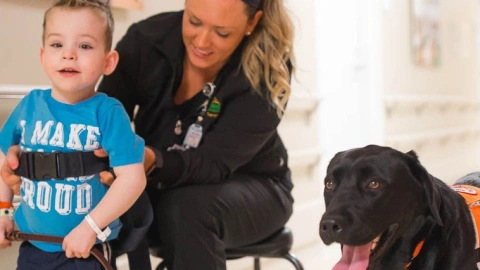
The Healing Power of Dogs: How Canine Therapy is Revolutionizing Mental Health and Boosting Positive Energy in Humans
Dog14 November 2024
-
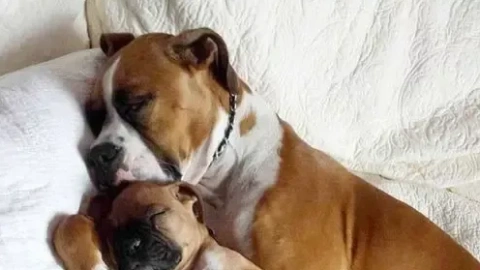
A Pawsitive History: Dogs of Nuremberg
Dog09 November 2024
-
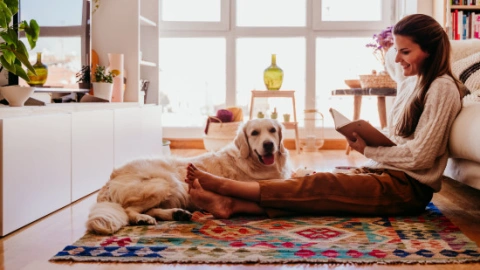
The Role of Oxytocin in the Human-Dog Bond: The Science Behind Our Deep Connection
Dog06 November 2024
-

Beyond the Beach: Jamaica's Dog Lovers
Dog29 October 2024
-

A Dog's Delights: Homemade Snacks for Our Furry Babies, Recipes Included!
Dog29 October 2024
-
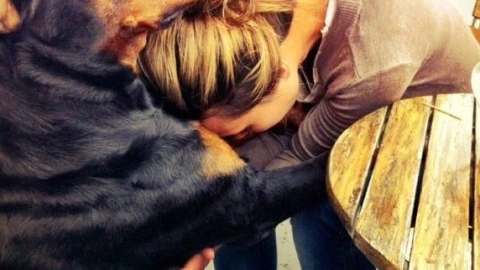
A Dog's Disorientation: Understanding Your Dogs' Wanderlust
Dog29 October 2024
Popular
-

-

A Pawsitive History: Dogs of Nuremberg
09 November 2024 -

-

Beyond the Beach: Jamaica's Dog Lovers
29 October 2024 -
